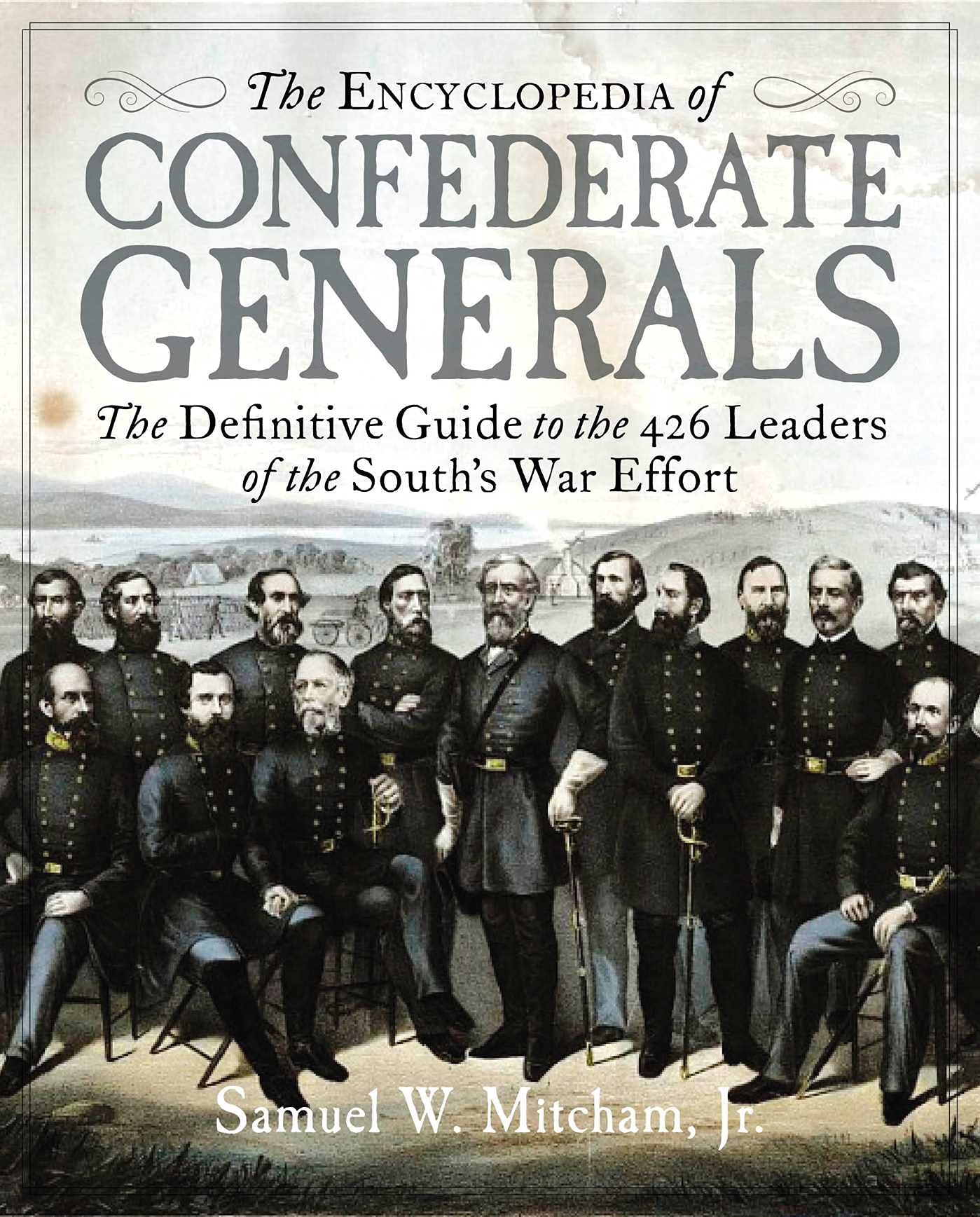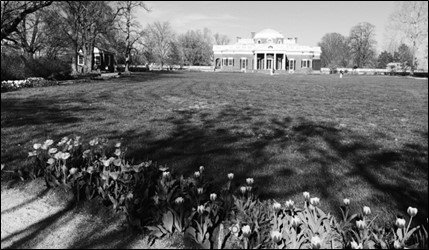A review of The Encyclopedia of Confederate Generals (Regnery History, 2022) by Samuel Mitcham
The valor of the Confederate Army is one of the greatest stories in American history. Southerners needed brilliant leaders because they faced such overwhelming odds. They were outnumbered four to one and outgunned a hundred to one.
The author’s purpose of the book is to make the reader feel as if they came to know every Confederate general, who he was, what he did, and how well he did his job.
I found it insightful to read of generals who performed well at certain command levels but not as well as they advanced through the ranks. Some carried through skillfully as regimental commanders but not as brigade commanders. Others engaged in duties competently as brigade commanders but poorly as division commanders. Certain generals served well as division commanders but not as corps commanders.
A good many generals were credible commanders but couldn’t get along with others.
One hundred thirty generals practiced law before and after the war. One such general, Leroy Pope Walker, was a fine attorney who successfully represented several celebrities; his most recognized case was winning an acquittal for his client, outlaw and bank robber Frank James, in 1883.
The health of some generals was shattered by four years of arduous service.
On July 21, 1861, President Jefferson Davis was on the field of battle in the First Battle of Manassas and wanted to pursue the Union Army after it was routed. General Joseph E. Johnston advised against it, and Davis did not overrule him – a huge blunder. Davis later said it was the worst mistake he made during the war.
Jefferson Davis cited Albert Sidney Johnston’s death as the turning point of Confederate fortunes during the war.
Some generals made mistakes at Gettysburg. General Jubal Early objected to Robert E. Lee’s suggestion that General Ewell attack Cemetery Ridge on the evening of July 1, 1863. Earlier that afternoon, Ewell’s hesitation and failure to attack Cemetery Hill cost the South the battle. Late in the day, Edward Johnson missed an opportunity to attack Culp’s Hill before the Yankees could reinforce it and dig in. Many historians blamed General Richard Ewell and General Johnson for losing the Battle of Gettysburg.
On July 2, 1863, Colonel (later General) Goode Bryan and his men were prepared to launch an attack against a weak point in the U.S. line near Little Round Top but were recalled by General James Longstreet. Bryan remained bitter about this until the last day of his life, asserting that he could have won the battle had Longstreet not stopped him. On the same day, General John Bell Hood devised a plan to get around the Union’s left flank. Had Longstreet approved this maneuver, the South may have won the battle.
Stonewall Jackson’s death was tragic for the Confederacy. Many historians speculate that if Jackson had been with General Robert E. Lee at Gettysburg, the South would have won the battle and perhaps the war.
The bibliography includes books about generals that few have heard of. These include men like Henry Watkins Allen , whom Pulitzer Prize-winning historian Dr. Douglas Southall Freeman called the one administrator who might have made a difference in the outcome of the war had the Confederacy recognized his genius earlier, or John Smith Preston, the superintendent of the Bureau of Conscription in Richmond from July 30, 1863, until the city fell to the Federals in April 1865. Preston was an unrepentant defender of the Confederacy for the rest of his life. He told the Virginians in 1861, “The people of South Carolina have declared … that they have always retained their sovereignty and independence; that they, with their confederates, did delegate certain powers to a common agent; that … this compact has been violated, and the Government established under it has become destructive of the purposes for which it was established; and it is, therefore, their right to abolish that Government, so far as it concerns them, and institute another.” To him, that was the Southern cause, and he never wavered in his belief that it was just.
Others like Gabriel James Rains changed the nature of naval warfare with his “torpedoes” (mines). On May 25, 1863, President Jefferson Davis ordered him to put his plans into effect. He did so at Vicksburg, Charleston, and Mobile. On June 17, 1864, he was named chief of the newly formed Torpedo Bureau, a post he held till the end of the war. He established torpedo factories at Richmond, Wilmington, Mobile, Charleston, and Savannah. His torpedo sank an estimated fifty-eight Union vessels.
Or John Stuart Williams who spent most of the war in the Appalachian Mountains, where he fought pro-Union bushwhackers, invaded eastern Kentucky with General Humphrey Marshall, battled the U.S. Army of the Ohio’s advance into eastern Tennessee, and fought in numerous minor battles and skirmishes, including Blue Springs and Henderson’s Mill. In the 1880s, he promoted Florida land development and was co-publisher of the Louisville Courier-Journal. He also established Naples, a resort town on the Florida Gulf Coast.
Many of these Confederate generals not only had an impact on the progress of the War in the 1860s, but on the future of the American military and American history in the postbellum period. They deserve greater historical attention, and this new book by Samuel Mitcham is a step in that direction.







Thank you for the recommendation, I received my copy. It has a place on the shelf next to A. L. Long’s Memoirs of Robert E. Lee. I looked up General Long just to take it on a test run.